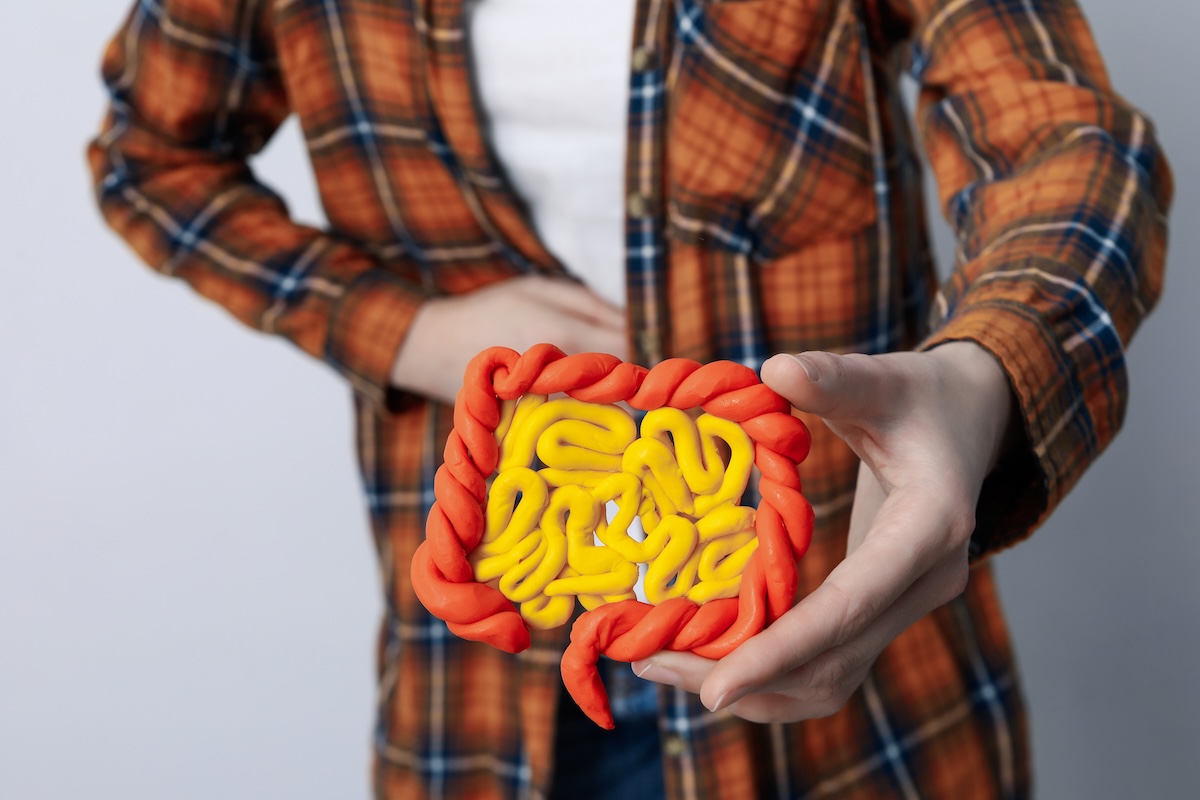Colon cancer, also known as colorectal cancer when it includes the rectum, is a type of cancer that starts in the large intestine. The colon is a part of your digestive system and plays a role in absorbing water and forming waste. Colon cancer usually begins as small growths called polyps on the inner lining of the colon. These polyps often don’t cause symptoms in the early stages, which is why regular screening is important.

This cancer is one of the most common types of cancer in both men and women in the United States. The good news is that if it’s found early, colon cancer is often treatable and even curable. Knowing the signs, understanding the risk factors, and getting screened on time can save lives.
What Causes Colon Cancer and Who Is at Risk
Colon cancer happens when cells in the colon begin to grow and divide in an uncontrolled way. Over time, they can form a tumor and spread to nearby tissues or other parts of the body. The exact cause isn’t always known, but several things can increase your risk.
The biggest risk factor is age. Most people diagnosed with colon cancer are over 50. However, it can also occur in younger adults. A family history of colon cancer or polyps can raise your risk, especially if a close relative had the disease at a younger age.
Other factors that may increase the risk include having inflammatory bowel diseases like Crohn’s disease or ulcerative colitis, eating a diet high in red or processed meats, being overweight, smoking, drinking alcohol regularly, and not being physically active.
Some inherited genetic syndromes like Lynch syndrome or familial adenomatous polyposis (FAP) also raise the risk of colon cancer.
Types of Colorectal Cancer
There are different types of colon cancer based on how the cells look under a microscope:
-
Adenocarcinoma: This is the most common type, making up the vast majority of colon cancer cases. It begins in the cells that produce mucus and line the colon.
-
Carcinoid tumors: These start in hormone-producing cells and are rare.
-
Gastrointestinal stromal tumors (GISTs): These begin in special cells of the digestive tract wall.
-
Lymphomas: These are cancers of the immune system that can start in the colon or rectum.
-
Sarcomas: These begin in blood vessels, muscle, or connective tissue in the colon wall.
Most people diagnosed with colon cancer have adenocarcinoma.
Symptoms of Colon Cancer
Symptoms often don’t appear until the cancer has grown, but early detection gives you the best chance of recovery. Be on the lookout for the following signs:
-
A change in bowel habits that lasts more than a few days (diarrhea, constipation, or narrowing of the stool)
-
Blood in or on the stool (bright red or very dark)
-
Feeling that your bowel doesn’t empty completely
-
Ongoing abdominal discomfort like gas, cramps, or pain
-
Weakness or fatigue
-
Unexplained weight loss
Not everyone with these symptoms has colon cancer, but it’s important to talk to a doctor if they continue.
How Colorectal Cancer Is Diagnosed
If your doctor suspects colon cancer based on your symptoms or screening tests, they will order further tests to confirm the diagnosis.
One of the main tools is a colonoscopy. During this test, a flexible tube with a camera is inserted into the colon to look for polyps or tumors. If anything unusual is found, the doctor can take a biopsy during the same procedure.
Other tests may include blood work to check for anemia or a tumor marker called CEA (carcinoembryonic antigen). Imaging tests like CT scans may be used to see if the cancer has spread.
After confirming the diagnosis, your doctor will determine the cancer’s stage. Staging helps decide the best treatment. Stage 0 means the cancer is only in the inner lining of the colon, while stage 4 means it has spread to distant organs.
Treatment Options for Colorectal Cancer
Treatment depends on the stage of the cancer, your overall health, and your personal preferences. Here are the most common treatment approaches:
-
Surgery: The main treatment for early-stage colon cancer is surgery. This may involve removing part of the colon (called a colectomy) and nearby lymph nodes. In some cases, the entire colon may need to be removed. If cancer is found in a polyp during a colonoscopy, it may be removed right then without additional surgery.
-
Chemotherapy: This treatment uses drugs to kill cancer cells. It’s often used after surgery if the cancer has spread to lymph nodes or other areas, or before surgery to shrink a tumor.
-
Radiation therapy: This uses high-energy rays to target and kill cancer cells. It’s more commonly used in rectal cancer, especially before surgery to shrink the tumor.
-
Targeted therapy: These drugs attack specific changes in cancer cells. They may be used for advanced colon cancer that doesn’t respond well to chemotherapy.
-
Immunotherapy: This helps your immune system recognize and fight cancer. It may be used in certain advanced cases, especially in people with tumors that have specific genetic features.
-
Palliative care: If the cancer is advanced, treatments may focus on relieving symptoms and improving quality of life.
Living With Colon Cancer
Being diagnosed with colon cancer can feel overwhelming, but many people go on to live full lives after treatment. Support from family, friends, and healthcare providers is key. Nutrition, staying physically active, and managing stress can all help during recovery and beyond.
After treatment, you’ll need regular follow-up visits to monitor for any signs of the cancer returning. These may include blood tests, colonoscopies, and scans.
If you’re at higher risk due to family history or other factors, talk to your doctor about starting screening earlier or doing it more often. Colon cancer screening saves lives and can find problems before they become serious.

